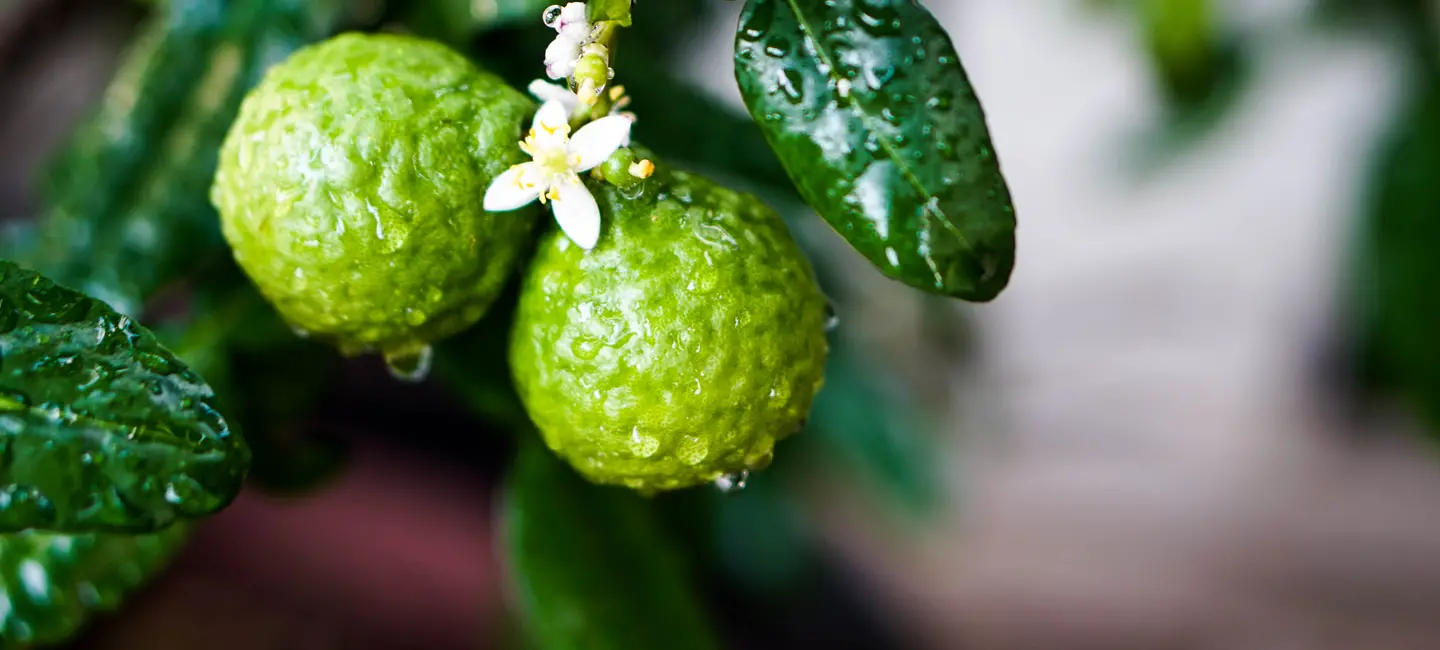
Bergamot (Citrus bergamia) is a type of citrus fruit native to Italy. Essential oils from the peel and the extract from the juice are used to make medicine.
Bergamot oil has several active chemicals and is commonly used as aromatherapy. When applied to the skin, the chemicals in bergamot oil can make the skin sensitive to sunlight.
Bergamot is used for high levels of cholesterol or other fats in the blood. It is also used for anxiety, mental alertness, joint pain, and many other conditions, but there is no good scientific evidence to support these other uses.
Don't confuse bergamot with other citrus fruits such as bitter orange and sweet orange.
Is It Effective?
NatMed Pro rates effectiveness based on scientific evidence according to the following scale: Effective, Likely Effective, Possibly Effective, Possibly Ineffective, Likely Ineffective, Ineffective, and Insufficient Evidence to Rate.
- High levels of cholesterol or other fats (lipids) in the blood (hyperlipidemia). Taking bergamot extract by mouth seems to lower low-density lipoprotein (LDL or "bad") cholesterol levels in people with high cholesterol. It's not clear if it helps high-density lipoprotein (HDL or "good") cholesterol or triglyceride levels.
- Anxiety. Inhaling bergamot oil as aromatherapy doesn't seem to reduce anxiety in people undergoing radiation therapy.
- Mental alertness. Inhaling bergamot oil as aromatherapy doesn't seem to improve mental alertness. In fact, it might decrease mental alertness in healthy adults due to its relaxing effects.
There is interest in using bergamot for a number of other purposes, but there isn't enough reliable information to say whether it might be helpful.
Is it Safe?
When taken by mouth: Bergamot OIL is commonly consumed in foods. Bergamot EXTRACT is possibly safe when taken as a medicine, short-term. Side effects of bergamot extract are usually mild and might include heartburn.
When applied to the skin: Bergamot oil is possibly unsafe. It might harm the skin.
When inhaled: Bergamot oil is possibly safe when inhaled, short-term.
Special Precautions & Warnings:
Pregnancy and breast-feeding: It is possibly unsafe to use bergamot oil on the skin when pregnant or breast-feeding. There isn't enough reliable information to know if bergamot is safe to take by mouth when pregnant or breastfeeding. Stay on the safe side and stick with amounts commonly found in foods.
Children: Bergamot OIL is commonly consumed in foods. But taking large amounts of bergamot oil is possibly unsafe. There have been serious side effects, including convulsion and death, in children who have taken large amounts of bergamot oil. There isn't enough reliable information to know if bergamot extract is safe to use in children.
Surgery: Bergamot might lower blood sugar and interfere with blood sugar control during surgery. Stop using bergamot at least 2 weeks before a scheduled surgery.
Medications for diabetes (Antidiabetes drugs)
Interaction Rating=Moderate Be cautious with this combination.
Bergamot might lower blood sugar levels. Taking bergamot along with diabetes medications might cause blood sugar to drop too low. Monitor your blood sugar closely.
Medications that increase sensitivity to sunlight (Photosensitizing drugs)
Interaction Rating=Moderate Be cautious with this combination.
Some medications might make the skin more sensitive to sunlight. Bergamot might also make the skin more sensitive to sunlight. Using these products together might increase the risk of sunburn, blistering, or rashes when the skin is exposed to sunlight. Be sure to wear sunblock and protective clothing when spending time in the sun.
Herbs and supplements that might lower blood sugar: Bergamot might lower blood sugar. Taking it with other supplements with similar effects might lower blood sugar too much. Examples of supplements with this effect include aloe, bitter melon, cassia cinnamon, chromium, and prickly pear cactus.
Herbs that might increase sensitivity to sunlight: Bergamot might make the skin more sensitive to sunlight. Using it with other products that also make the skin more sensitive to the sun might increase the risk for sunburn and other side effects. Examples of supplements with this effect include bishop's weed, chlorophyll, khella, and St. John's wort.
There are no known interactions with foods.
Bergamot essential oil is commonly used in aromatherapy, alone or with other essential oils.
Bergamot extract has most often been used by adults in doses of up to 1000 mg by mouth daily for 4-12 weeks. Speak with a healthcare provider to find out what dose might be best for a specific condition.
Aceite de Bergamota, Bergamot, Bergamot Orange, Bergamota, Bergamotier, Bergamoto, Bergamotte, Bergamotto Bigarade Orange, Citrus Bergamia, Citrus aurantium var. bergamia, Huile de Bergamote, KoksalGarry, Oleum Bergamotte.
Information on this website is for informational use only and is not intended to replace professional medical advice, diagnosis, or treatment. While evidence-based, it is not guaranteed to be error-free and is not intended to meet any particular user’s needs or requirements or to cover all possible uses, safety concerns, interactions, outcomes, or adverse effects. Always check with your doctor or other medical professional before making healthcare decisions (including taking any medication) and do not delay or disregard seeking medical advice or treatment based on any information displayed on this website.
© TRC Healthcare 2024. All rights reserved. Use and/or distribution is permitted only pursuant to a valid license or other permission from TRC Healthcare.
